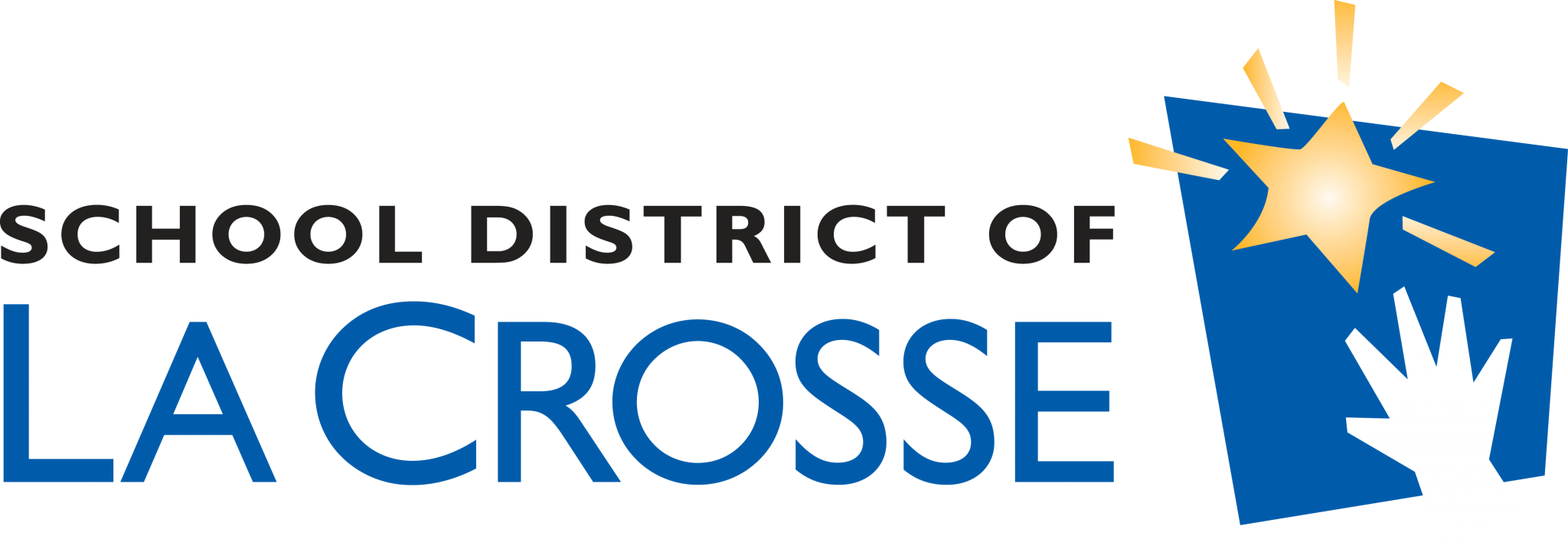Feeling Worried, Fearful, or Anxious
Considerations when Supporting Youth
- Anxiety, worry, and fear can but uncomfortable emotions but are a normal part of our human experience.
- Anxiety and worry can also present in many different ways depending on the age and skill level of your child. For example, you may notice the following:
- Irritability
- Avoidance of tasks/places
- Withdrawal from social events
- Difficulty concentrating
- Sleep disruptions
- GI (gastrointestinal) difficulties
- Complaints of headache, stomachache, etc.
- Increased heart rate, sweating, or rapid breathing patterns
- Frequent thoughts or verbalizations about the “worst case scenario”
- If you have concerns about a youth who may be experiencing a significant amount of worry, fear, or anxiety, engage in a conversation with them.
- Verbalize that anxiety and worry are normal. Also keep in mind that your child’s experience is REAL to them, no matter how far-fetched their worry may seem.
- Model successful methods of coping with anxiety and share about what has worked well for you.
- Be mindful of how you respond or react to stress and anxiety. If you catch yourself reacting in a less helpful way, verbalize that and talk through how you shifted back to a more helpful coping strategy. This will normalize the experience of not always getting it right the first time for your child.
- Share with the youth what you have been noticing related to their worry/fear/anxiety.
- Explore with the youth how this may be getting in the way of their daily functioning.
- It may be helpful to discuss some of the specific scenarios or stressors that are contributing to the worry.
- Remain supportive and non-judgmental. Do not minimize the youth’s worry or fear.
- If the youth is open to problem solving, engage in collaborative discussion about what might be helpful in managing the worry.
- Strategies such as Progressive Muscle Relaxation, Guided Imagery, and Belly Breathing are age-appropriate and can be done anywhere.
- Encourage the youth to do normal activities even when anxious. Avoidance will provide temporary relief for the anxiety in the moment, but will make anxiety worse overall.
- Make a plan with the youth for how they will use their calming strategies and identify with the youth what other supports or levels of support would be helpful.
- If the youth is open to other supports, work collaboratively with the youth to get those supports started. It may be helpful to take the youth to the school counselor’s office or call the school counselor together and get the youth started with that next level of support.
Connect with Supports
- There are several different ways to seek counseling or treatment. This includes a private therapist, a school counselor, mental health center services, and/or substance abuse treatment. Private therapists can be a licensed clinical social worker (LCSW), a licensed professional counselor (LPC), or a psychologist. This is usually covered by insurance and may occur weekly or every other week depending on treatment needs. Therapy is individualized and collaborative. A therapist may offer more frequent sessions if needed or may recommend a higher level of care as needed.
- Youth may also be able to receive counseling at school. This may be in the form of a school counselor who is accessible to all youth. The school counselor can give you more information about services available in the school.
- The School District of La Crosse also has a Student Family Assistance Program which offers short-term solution-focused interventions to support student mental health. If you are interested in this program, reach out to your school counselor.
- Youth in crisis may need more intensive support than outpatient therapy or school counseling.
Connect with your Medical Provider
- If you have a primary care provider (PCP), they are often a great place to start
- Your PCP can provide evaluation/consultation, education, and referral as needed based upon your child’s behavior. They may be able to rule out a medical reason for the behavior and can discuss medication as an option if needed.
- Clinic contacts in the La Crosse area:
- Gundersen Health System – Department of Pediatrics: (608) 775-6766
- Gundersen Health System – Department of Family Medicine: (608) 775-0375
- Mayo Clinic Health System – Pediatric & Adolescent Medicine: (608) 392-9881
- Mayo Clinic Health System – Family Medicine Clinic (608) 392-9873
- If there is an urgent safety concern, take the youth to the Emergency Department if you feel it is safe for you to transport them.
What Else Can I Do?
If you would like assistance getting help for yourself or you would like to refer your child, student or friend for professional services, reach out to your school student services offices for additional support and information.
Community Resource
Great Rivers 211
Great Rivers 2-1-1 offers free, confidential community information and referrals 24 hours/day. Dial 2-1-1 or (800) 362-8255 to talk to an information and referral specialist.
